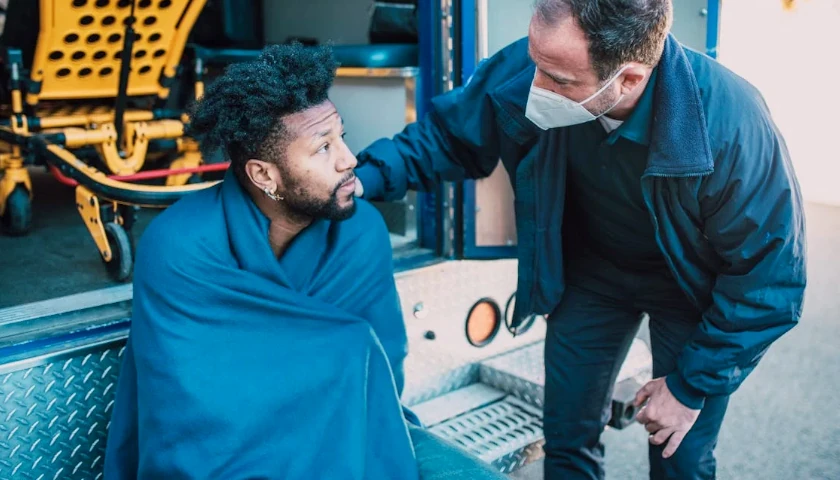by Bruce Walker
Michigan taxpayers are on the hook for another $575 million after Gov. Gretchen Whitmer announced new programs on Tuesday aimed at boosting the number of teachers in the state’s traditional public schools.
The fiscal year 2023 budget was approved by the state Legislature and signed by the governor.
Of the total $575 million appropriated for the Grow Your Own program, $175 million is budgeted for a program to certify school support staff as fully fledged teachers. Another $305 million will fund a fellowship/scholarship program to pay tuition and other costs for aspiring teachers, up to $10,000 per student per year. Student teachers in the program will be paid $9,600 per semester, which has been budgeted at $50 million. Intermediate school districts will receive $10 million to recruit and hire career and technical education instructors. No details have been provided for the remaining $35 million.
“This new funding will make a difference for students in communities across Michigan and bring high-quality educators into the profession,” Whitmer said in a statement. “It is crucial for the state to support our next generation of educators as they invest in their local schools, and I am committed to continuing our work to attract and retain high quality educators.”
The governor continued: “We need to encourage members of our school communities to consider developing and using their talents as proud Michigan educators. This new funding will make a difference for students in communities across Michigan and bring high-quality educators into the profession. It is crucial for the state to support our next generation of educators as they invest in their local schools, and I am committed to continuing our work to attract and retain high quality educators.”
The new state education expenditures were announced shortly after the Michigan Parents Council issued its final report on education recommendations this week. Whitmer established the MPC last June. The stated mission for the MPC was to solicit the views of parent on such issues as student mental health, school safety, teacher recruitment, learning supports, and parent/student feedback on state and local education policy. The panel conducted roundtables discussion in seven Michigan cities: Flint; Marquette; Midland; Detroit; Battle Creek; Grand Rapids; and Eastpointe.
The MPC recommendations include: Continue to prioritize and support access to student mental health and school safety funding for schools in the state budget, including funds for counselors and social workers, school programming, and curriculum; provide schools with the resources and flexibility to meet the unique learning needs of every student; continue supporting creative teacher recruitment and certification funding strategies; and expand opportunities for parents and students to give feedback on state and local education policy and budget initiatives.
– – –
Bruce Walker is a regional editor at The Center Square. He previously worked as editor at the Mackinac Center for Public Policy’s MichiganScience magazine and The Heartland Institute’s InfoTech & Telecom News.





